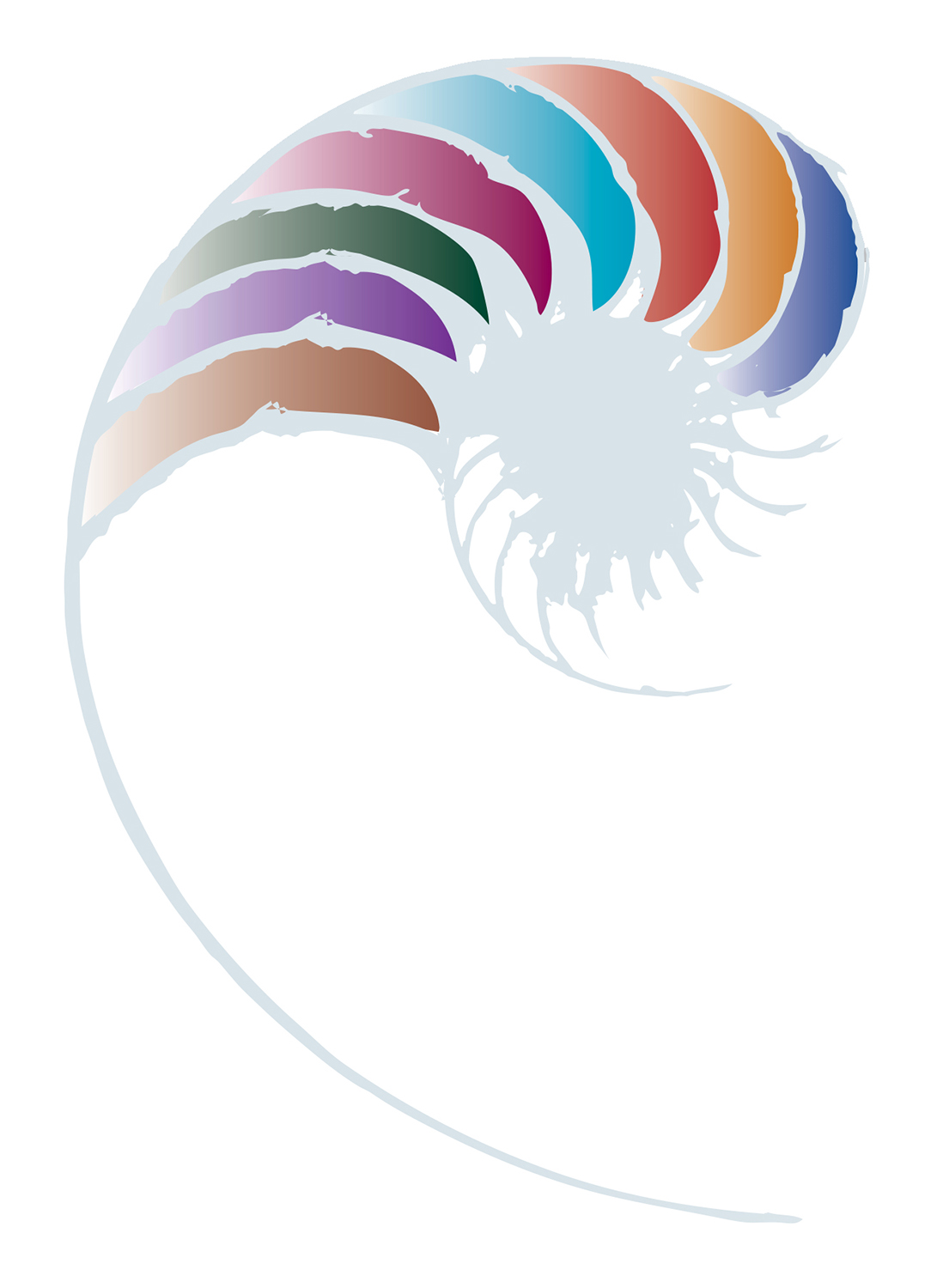Observe, reflect, share
A story about kaiako observing, reflecting, and then sharing their ideas with others.

Kaiako were concerned for a child who was very reluctant to come to a shared kai table at lunchtime. A chat with the boy’s parents revealed that eating sufficiently at home and at the centre was an important learning priority for them.
One day a kaiako noticed that this child came to the table before the other children and he ate really well. She said to colleagues, “I think his reluctance has got something to do with him liking to come to a clear, clean table”.
Another kaiako in the room then tested this hunch the following day. Noticing that the boy was not at all keen on coming inside for karakia kai, she sat alongside him and said, “Would you like to come and have kai now? If you wash your hands, then you can be first at the kai table while everyone else is at their hui.” The child nodded and went straight off to wash his hands, then had his kai. Seeing these adjustments to the normal routine working, all kaiako used the same personalised response while the child grew accustomed to eating with others.
In this centre, the leader actively encourages "observe, reflect, share”. Much of the formative assessment of tamariki happens in action. Kaiako are encouraged to treat their observations as hunches rather than absolutes and to share them with other kaiako.
About this resource
A story where kaiako share their observations and collaboratively problem-solve an issue.



